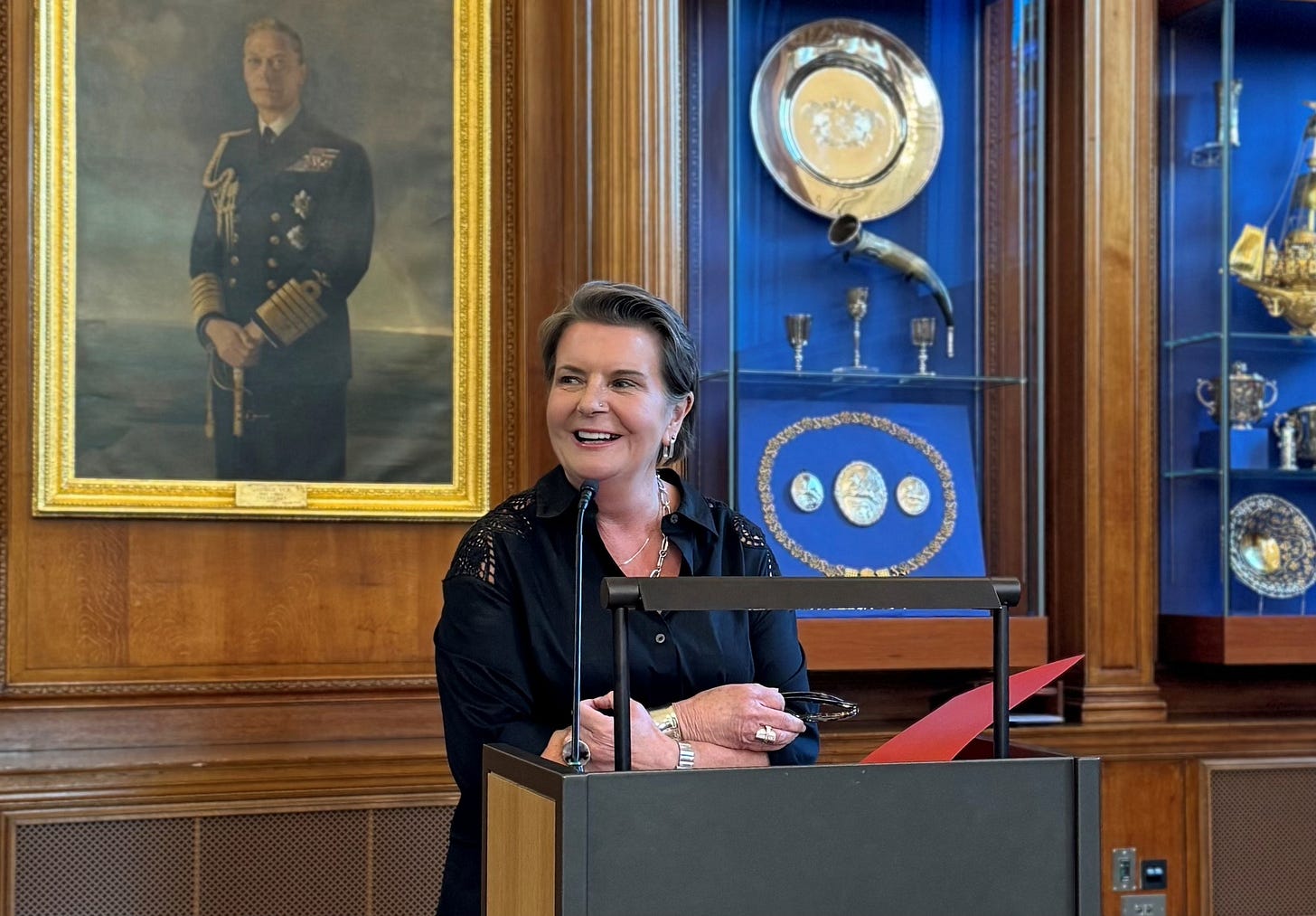The chair of the Bar Standards Board has launched a bitter attack on the Legal Services Board, the profession’s oversight regulator.
“Legal services are a great UK success story marked by high levels of professional and ethical competence,” Kathryn Stone OBE said at a farewell event last night. “Those services are manifestly not, for the most part, poorly regulated and it is deeply unhelpful to the reputation of a successful industry to say that they are.”
Stone was referring to what the Legal Services Board calls its regulatory performance assessment. The most recent of these annual reports was published in March. As can be seen, the Solicitors Regulation Authority was graded “insufficient” in one category and the Bar Standards Board in two. None of the smaller front-line regulators scored so badly.
Stone, who is taking up a new post as HM Inspector of Constabulary and Fire and Rescue Authorities, said the regulation structure established by the Legal Services Act 2007 “does not work well”.
She continued:
Where the current arrangements are failing in my view lies in the relationship between the oversight regulator, the Legal Services Board, and the front-line regulators, like the Bar Standards Board.
That failure is manifest in the assessments the Legal Services Board has recently made of the regulatory effectiveness of the two biggest front-line regulators which oversee around 95% of the legal professionals in England and Wales.
Stone thought the problem faced by the Legal Service Board was that it had to exercise its functions at one remove from the front line:
The board and executive of the oversight regulator are no more experienced than the boards and executives they are overseeing. Oversight gives responsibility but it does not, in itself, give sharper insight into, or greater care for, the public interest. Still less does it give a better understanding of the challenges of front-line regulation.
The outgoing Bar Standards Board chair suggested the Legal Services Board should support robustly governed front-line regulators. “What would be truly helpful to my board in holding our executive team to account,” she continued, “would be some reliable benchmarking of equivalent regulatory functions across the front line. We could then see what good performance looked like, how our own compared and aim to emulate the best.”
She concluded:
The Legal Services Board doesn’t provide such benchmarking, except by way of the blunt instrument of the annual regulatory performance assessment. Their distance means that they are at a distinct disadvantage in taking this approach. It leads to excessively detailed scrutiny of our actions and approaches and the diversion of significant resources across the year in providing reports which, inevitably, are stronger on accounts of activity than on outcome.
I am able to make this point because I do see the performance of the Bar Standards Board on a day-to-day basis and do, indeed, alongside my board colleagues hold the executive team rigorously to account. What I see bears no relationship to the assessment of the Legal Services Board.
Stone had made her disappointment clear to the oversight regulator — not in a hostile way, she insisted, but as part of what she regarded as an open and honest relationship.
Comment
That particular relationship has now come to an end. But there remains a widespread view within the legal profession of England and Wales that the two-tier structure recommended by Sir David Clementi in 2004 — though an improvement on the regulatory maze that preceded it — has not stood the test of time.






From the PoV of the Bar its faith in the BSB was severely dented by its EDI proposals which contradicted and seemingly failed to understand the duty of a barrister to act in the best interests of their client whilst not discriminating unlawfully.
I wonder if this fed into the adverse assessment of the BSB’s leadership.
Two points occur:
1. What I fear I have detected with so many supposedly impartial and independent supervisory entities is an element of empire building which can and often does lead to a gratuitously dismissive “take” on the other long established entity so as to justify increases in staffing and lining up their tanks on its lawn.
2. I remember vividly when David Clementi came to address the Law Society’s Council on his report.
At the time I was both a Council member and a member of its Legal Affairs and Policy Board which attempted to achieve very much what it said on the tin.
Rarely backward in coming forward mine was the first question from the floor. My question: did he still see a future role for the Society’s “honest broker” role (when intervening over proposed changes to the law and procedure or seeking reforms)?
His reply (more or less verbatim):” I believe it would be a pity-a very great pity- should that aspect of its activities should not emerge intact.”
I wonder-very much- how much of that sentiment is still surviving to this day?
I have always maintained that the Society is far from merely a partisan quasi-union for its members and through its Council and its officers and a representative rather than a mere delegate. We should never permit that remit to become just so many empty words.